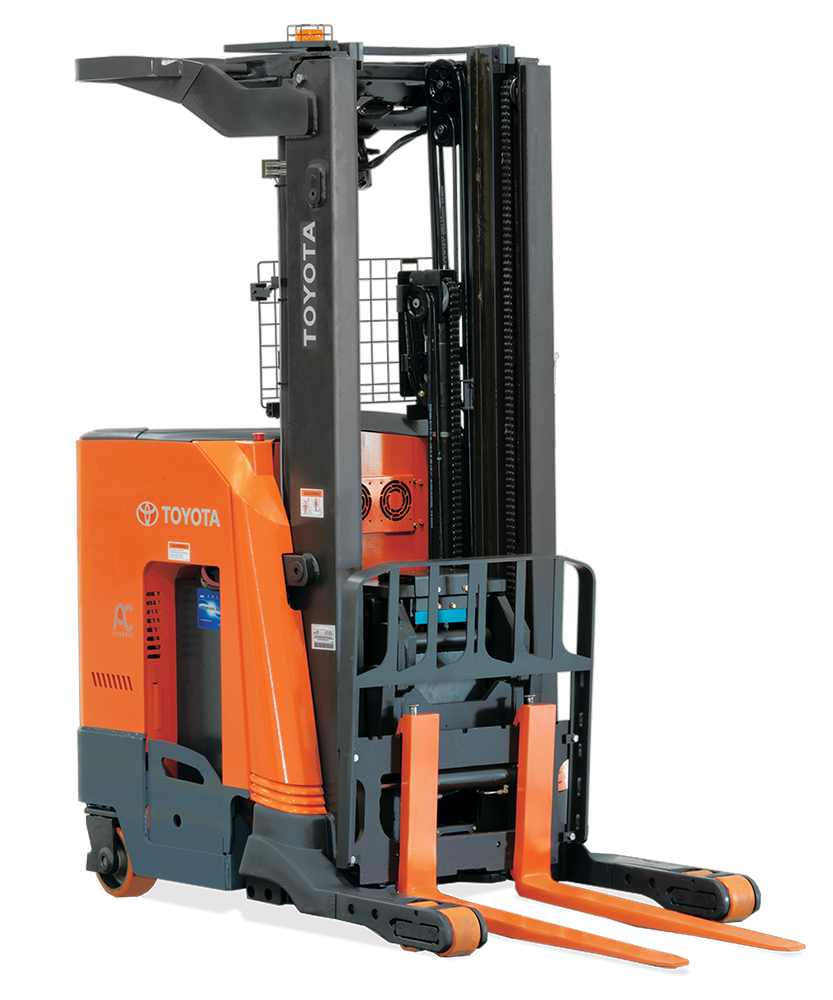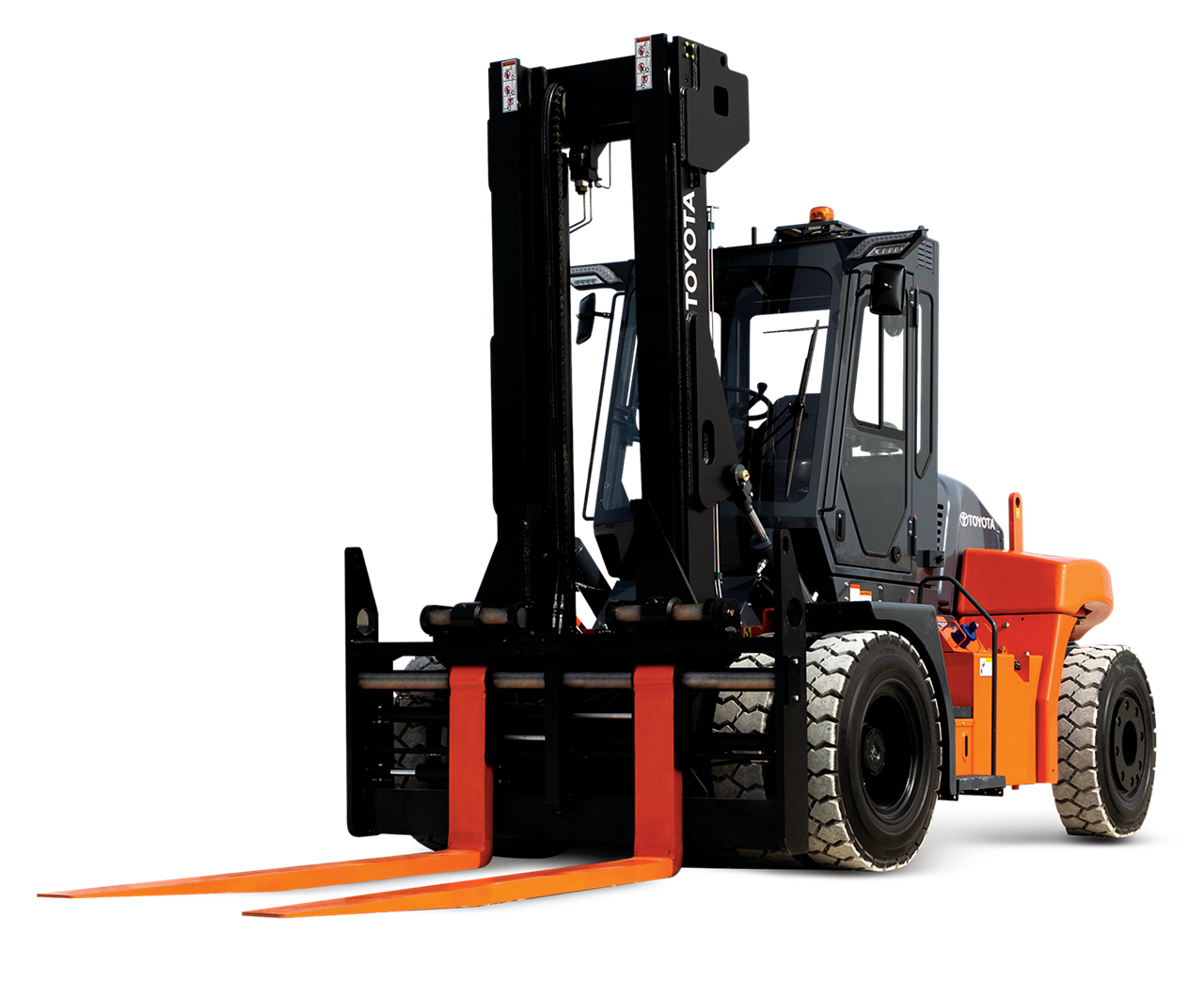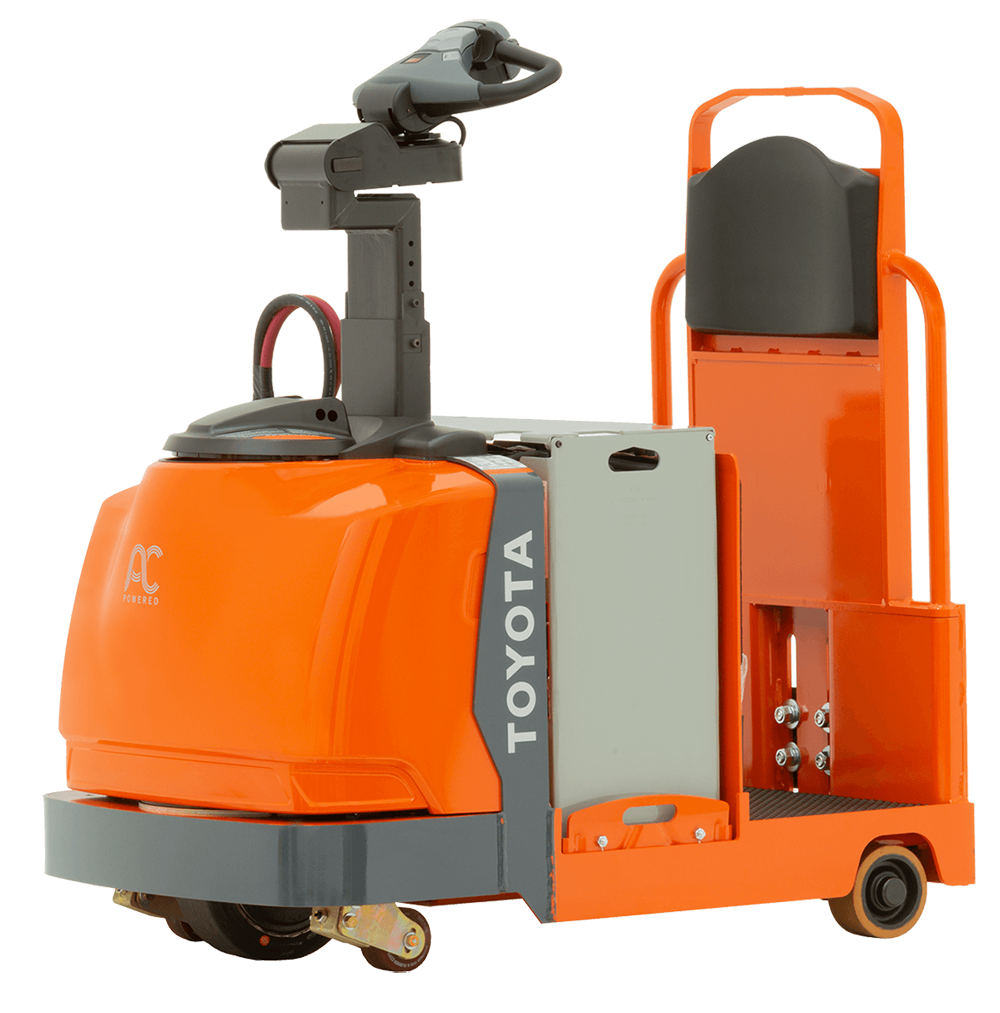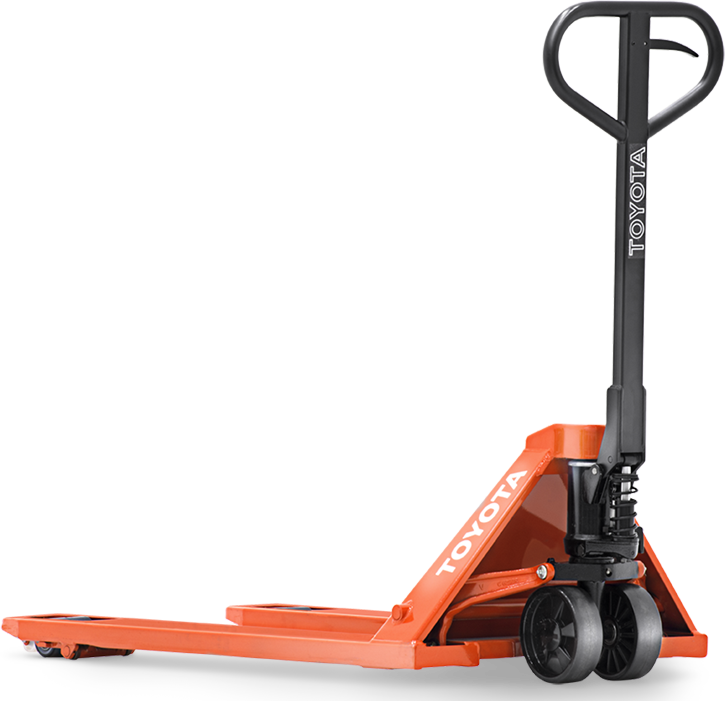Please click below to sign in to your MyToyota account
Industry Trends: The Rise of Lithium-Ion Battery Adoption

Over the past several years, the adoption of alternative energy solutions such as lithium-ion batteries has continued to grow as the technology becomes increasingly viable. While the higher acquisition cost might deter some users from embracing alternative energy sources, industry acceptance of solutions other than lead-acid batteries is continuing to rise.
It is worth noting that lead-acid batteries continue to constitute the vast majority of the market and are an excellent option as companies add new electric equipment to their fleets. Lead acid batteries carry a less burdensome initial investment cost and are excellent options for operations not running multiple shifts.
Lithium-ion Battery Adoption into the Industry
Nonetheless, the industry is rapidly moving out of the “early adopter” phase for lithium-ion battery technology, where the interest is no longer fledgling and the technology will become a real option and gain a competitive advantage. There are a number of factors that continue to guide this trend and lead more customers to explore lithium-ion batteries and the return on investment (ROI) associated with them. First of all, customers continue to move toward multi-shift and 24/7 operations to meet customer demand and drive efficiency.
Lithium-ion Batteries Reduce Costs and Improve Efficiency
Since lithium batteries allow for opportunity charging, it makes it possible for one battery to power a forklift for multiple shifts without needing to be swapped out. This can greatly reduce labor and equipment costs by expending less time and investing in less equipment to perform battery swaps.
Lithium-ion technology continues to improve as well, providing faster charging times, longer runtimes, and more efficient operation. As this technology continues to evolve, the reduced cost of operation will allow more companies to realize a faster and more substantial ROI.
Disposal of Lead Acid Batteries vs. Lithium-ion Batteries
Recycling procedures for lead acid batteries are well established, and end-of-life handling of these products is one reason for their continued strong market position as an energy solution. However, the recycling process for lithium-ion batteries also continues to improve with more efficient recycling processes and more prevalent recycling centers appearing around the world. Improving the recycling process could eventually help bring lithium-ion batteries in line with their lead acid counterparts when each reaches its respective end of life.
Electric-Powered Forklifts Rise in the Industry
One potential contributor to the adoption of lithium-ion technology is the rapid industry shift from internal combustion (IC) forklifts to electric-powered forklifts. With the split being 70% electric, more IC customers will likely convert to electric. Many companies will complete this transition with lead acid batteries, again wanting to reap the immediate advantage of fuel reduction without the upfront cost of lithium-ion. However, lithium-ion batteries may allow for a less cumbersome transition as opportunity charging can eliminate the need to invest in expensive battery handling equipment and storage areas. Their consistent power throughout a shift allows them to perform more comparably to their IC counterparts.
While these trends are constantly changing, they combine to create a compelling reason for the continued adoption of lithium-ion batteries. If you’re interested in learning more about how alternative energy sources can help your operation, please reach out to your local, authorized Toyota Forklift Dealer for more information.


















